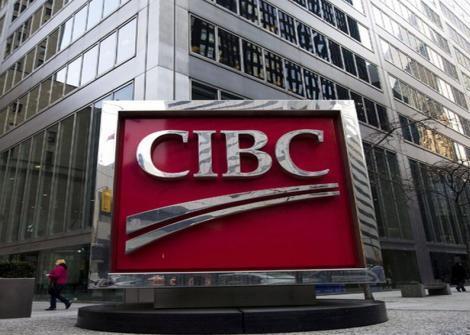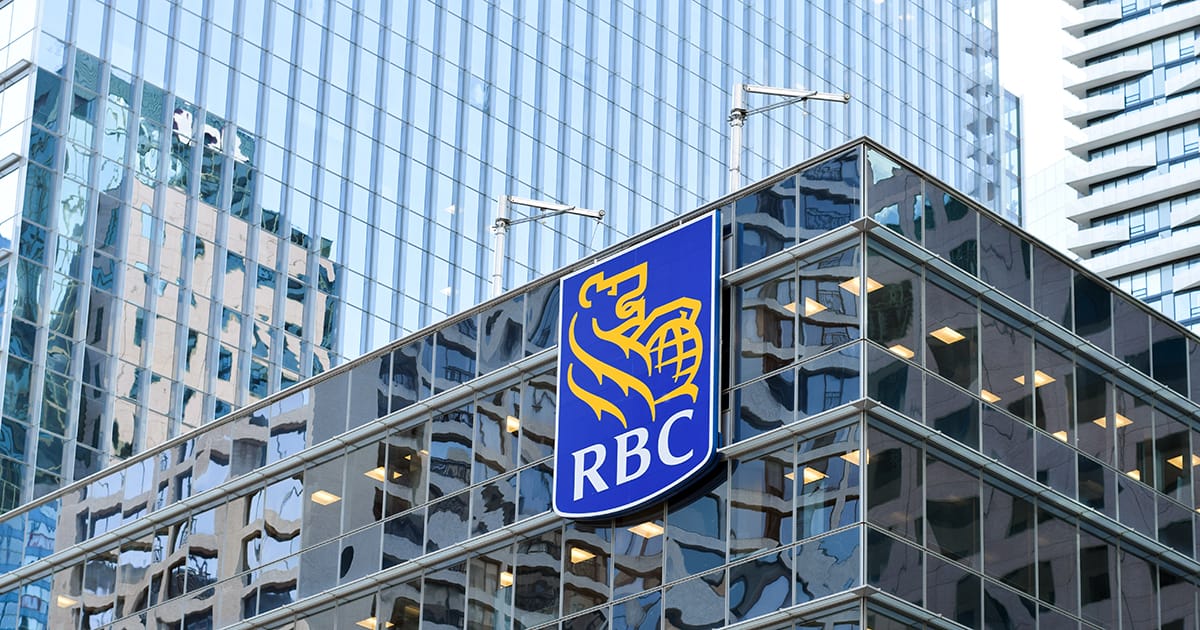BlackBerry is protected from the US-China trade war, CEO says


Last week’s carnage on US markets was a sight to behold, with the Dow Jones Industrial Average sliding a full seven per cent, its worst week in a decade, while the S&P 500 lost seven per cent and the NASDAQ Composite fell to now 22 per cent below its August high, a bear market signal.
The tumult has been attributed at least in part to fears of further tit-for-tat tariffs between the world’s two economic superpowers, the United States and China. And while a 90-day truce has been imposed, the worry about what will happen afterwards —post-March 2— is itself a chilling factor for businesses and for investors.
For his part, Chen says that he hasn’t seen an impact on his clients but it’s a concern, nonetheless.
“It’s what I’m afraid of. Uncertainty is never good for business,” says Chen, who spoke to BNN Bloomberg on the heels of his company’s fiscal third quarter earnings report, which beat analysts’ estimates on both revenue at $228 million compared to the expected $215.7 million and on earnings with a profit of $59 million or five cents per share, better than the expected two cents per share. (All figures in US dollars.)
Chen says that while not impervious to an economic slowdown, BlackBerry’s customer base might fare better than some.
“I have three major sectors of clients: the governments, they’re not affected as much, unless the tax base goes down; the financial, they’re usually global, so they will be affected in some ways if the trading slows down. And then there’s transportation and IoT, which are really areas that a lot of people are investing in, and I don’t see that slowing down,” he says.
“So, two out of my three sectors are quite immune,” he says. “Then we have health care, which is really building new technology and security and privacy, so that seems to be okay. I have not seen [evidence of a slowdown] yet but I think it’s still an early cycle at this point.”
Looking forward, BlackBerry management guidance is forecasting growth in its pivotal software and services segment of between eight and ten per cent, a drop from the previous year’s forecast of between ten and 15 per cent. Chen chalks up the decline to the natural progression of the company.
It’s not a deceleration, it’s just a virtue of the math, of the bigger numbers. The year before when we grew 15 per cent, we had a lot of pent-up demands. Now we have a new platform and we updated a lot of our customer base. So, we see the business continuing to grow but probably not with the new platform. Eight to ten per cent is actually quite respectable,” he says.
As for BB’s share price, which has taken a beating in 2018 and is now down more than 30 per cent year-to-date, Chen sees upward momentum coming once investors get a better grasp of how his company’s big splash of an acquisition this fall —cybersecurity firm Cylance, for $1.5 billion— will be integrated into BlackBerry.
“I think there are two reasons for [the drop in share price],” he says. “Number one is the tech market has dropped maybe 15 or 20 per cent and we got dragged down by that. The other one is that when we made the [Cylance] acquisition, we were unable to give more details about it at that time, and I think that when the details come out about how we’ll integrate, what synergy we can achieve, what some of the revenue goals are — when we do that I think you’ll see the stock coming back into a better place.”
“It’s looking more like the middle of February [to close the acquisition], and our fiscal year starts on March 1 and so sometime in the March to June time frame, we’ll be able to lay that out,” he says.



